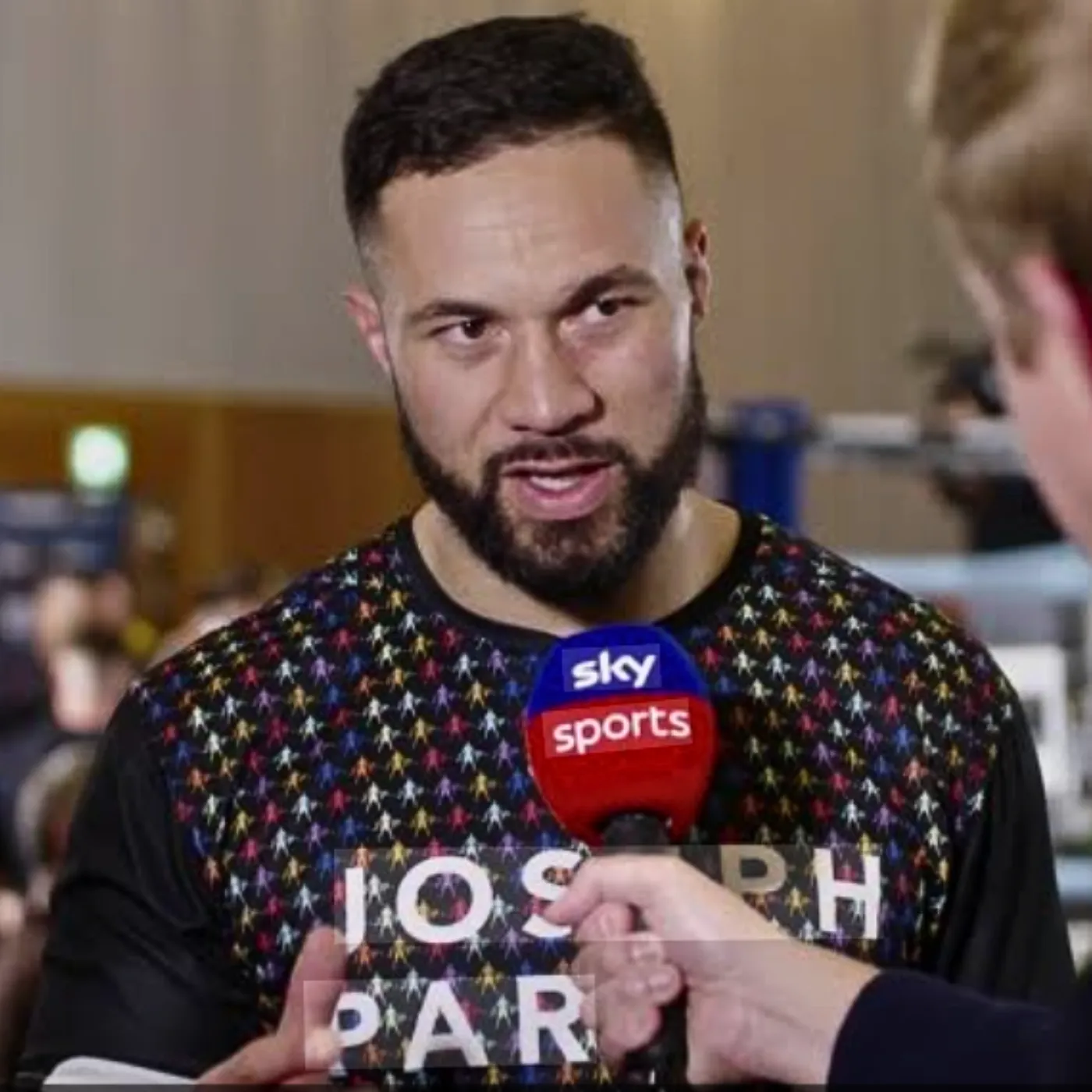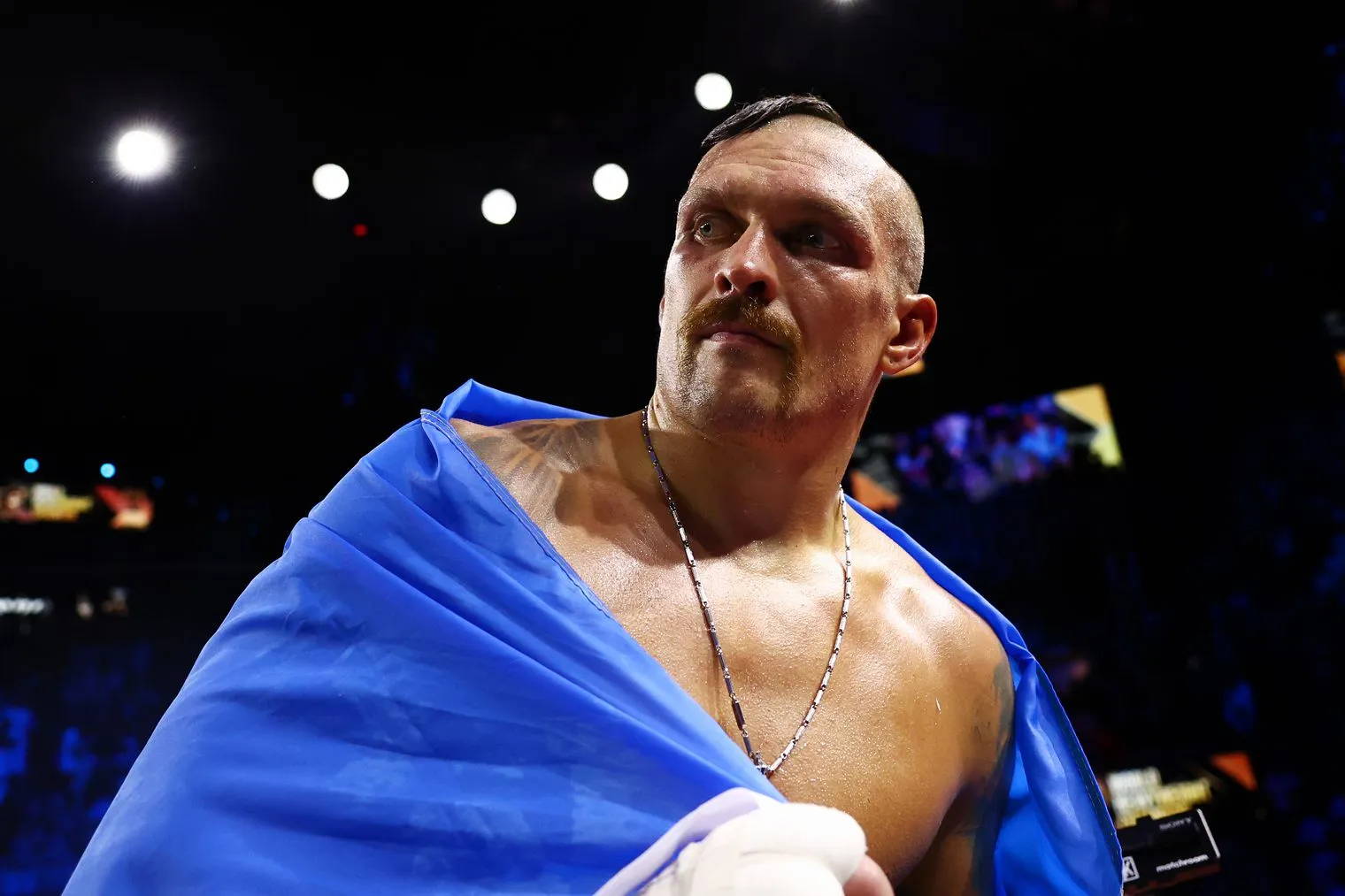
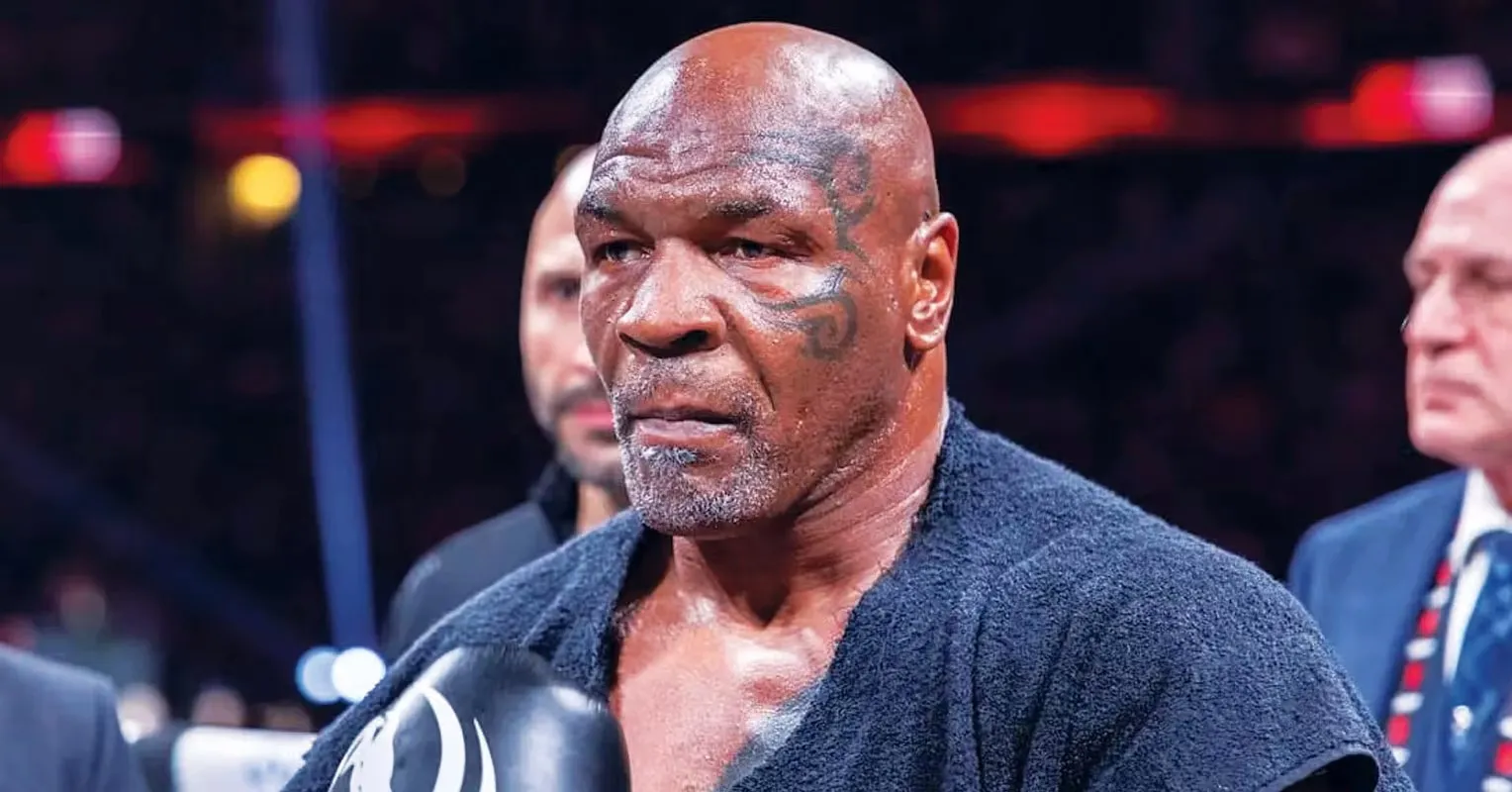
Mike Tyson reflects on regret, redemption and his important fight beyond the ring
Mike Tyson, one of the most ferocious and celebrated heavyweight boxers in history, has always been a man of many layers. Behind the knockout punches, championship belts, and intimidating persona lies a man who has struggled with insecurities, deep regrets, and a search for redemption. In a candid reflection on his life, Tyson once admitted, “My whole life was a regret. My whole life, my actions, my conduct, a lot of stuff I’ve done in my life, especially as a fighter. My whole life as a kid from 12 years old, I was just taught to beat people, break them down, humiliate them, break their will. But in actuality, I was just a scared and insecure kid. I had no idea what I was doing.”
This raw and emotional admission paints a picture of a man haunted by the very qualities that once made him a dominant force in the boxing world. Tyson’s journey is one of triumph, turmoil, and transformation—a narrative that continues to captivate millions. Let’s delve deeper into Tyson’s life, from his meteoric rise to his struggles, regrets, and path to redemption.
The Early Years: From Troubled Youth to Boxing Prodigy
Mike Tyson was born on June 30, 1966, in the gritty neighborhood of Brownsville, Brooklyn, New York. His early years were marred by poverty, crime, and instability. Tyson’s father abandoned the family when he was young, leaving his mother to raise him and his siblings. By the time he was 13, Tyson had been arrested multiple times for petty crimes and fighting on the streets.
It was during his time at the Tryon School for Boys, a juvenile detention center, that Tyson’s life took a dramatic turn. A counselor at the school noticed his physical prowess and introduced him to legendary boxing trainer Cus D’Amato. D’Amato, who had previously trained champions like Floyd Patterson, saw immense potential in Tyson. He took the troubled teen under his wing, not only teaching him the art of boxing but also instilling in him a sense of discipline and purpose.
D’Amato’s guidance transformed Tyson into a fierce and disciplined fighter. By the time Tyson turned professional at age 18, he had already built a reputation as a powerhouse in the amateur boxing world.
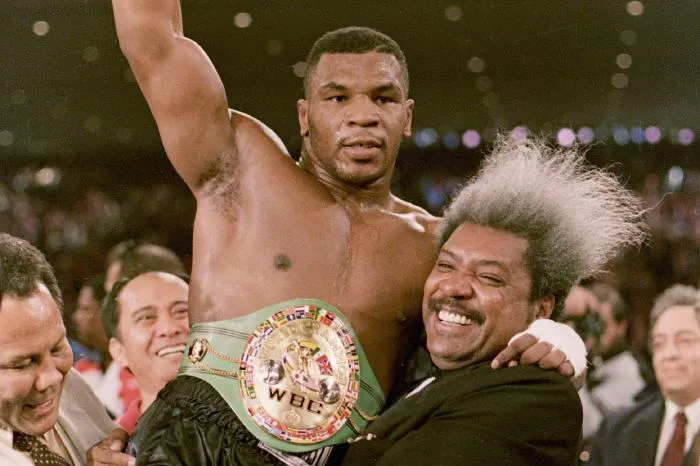
The Rise of “Iron Mike”
In 1985, Mike Tyson made his professional debut, and it didn’t take long for him to make headlines. With his aggressive style, devastating power, and relentless speed, Tyson quickly climbed the ranks of the heavyweight division. His fights were often short-lived, with opponents succumbing to knockouts in the early rounds.
By 1986, Tyson had become the youngest heavyweight champion in history at just 20 years old, after defeating Trevor Berbick. His dominance continued as he unified the WBA, WBC, and IBF titles, becoming the undisputed heavyweight champion. Fans and analysts marveled at his ability to combine ferocity with technical precision. He wasn’t just a brawler—he was a master of the “peek-a-boo” defensive style, which allowed him to slip punches and counter with devastating accuracy.
Tyson’s meteoric rise made him a global superstar. He was earning millions, gracing magazine covers, and living a life of luxury. But beneath the surface, trouble was brewing.
Personal Struggles and Controversy
While Tyson’s professional life soared, his personal life spiraled out of control. His tumultuous marriage to actress Robin Givens was marked by public arguments and allegations of abuse. His erratic behavior, fueled by a combination of fame, fortune, and unchecked aggression, began to tarnish his reputation.
In 1992, Tyson’s career came to a screeching halt when he was convicted of rape and sentenced to six years in prison. He served three years before being released on parole. This period of incarceration was a turning point in Tyson’s life. Isolated from the boxing world, he had time to reflect on his choices and the consequences of his actions.
However, Tyson’s post-prison comeback was far from smooth. While he managed to reclaim the WBA and WBC titles, his fights lacked the same dominance and precision that had defined his early career. The infamous 1997 bout against Evander Holyfield, in which Tyson bit Holyfield’s ear, further damaged his legacy. The incident, which led to his disqualification, was seen by many as a sign of Tyson’s unraveling.
Regret and Introspection
In the years following his retirement from boxing, Tyson began to open up about his past. In interviews, he spoke candidly about the regrets that had haunted him throughout his life. “My whole life was a regret,” he admitted. “I was just taught to beat people, break them down, humiliate them, break their will. But in actuality, I was just a scared and insecure kid.”
This introspection marked a significant departure from the brash, aggressive persona that had once defined him. Tyson began to explore the roots of his anger and insecurity, acknowledging that much of his behavior had been driven by fear and a deep sense of inadequacy.
The Road to Redemption
In recent years, Tyson has undergone a remarkable transformation. He has embraced a more peaceful and introspective lifestyle, focusing on personal growth, family, and philanthropy. Tyson’s journey to redemption has been fueled by a desire to make amends for his past mistakes and to find a sense of purpose beyond boxing.
One of the ways Tyson has sought to redefine his legacy is through his involvement in charitable work. He has used his platform to raise awareness about issues such as mental health, addiction, and the challenges faced by at-risk youth.
Tyson has also found success as an entrepreneur, launching ventures in the cannabis industry and hosting the popular podcast “Hotboxin’ with Mike Tyson,” where he engages in candid conversations with guests from various walks of life. The podcast has been praised for its raw and honest discussions, with Tyson often sharing his own struggles and lessons learned.
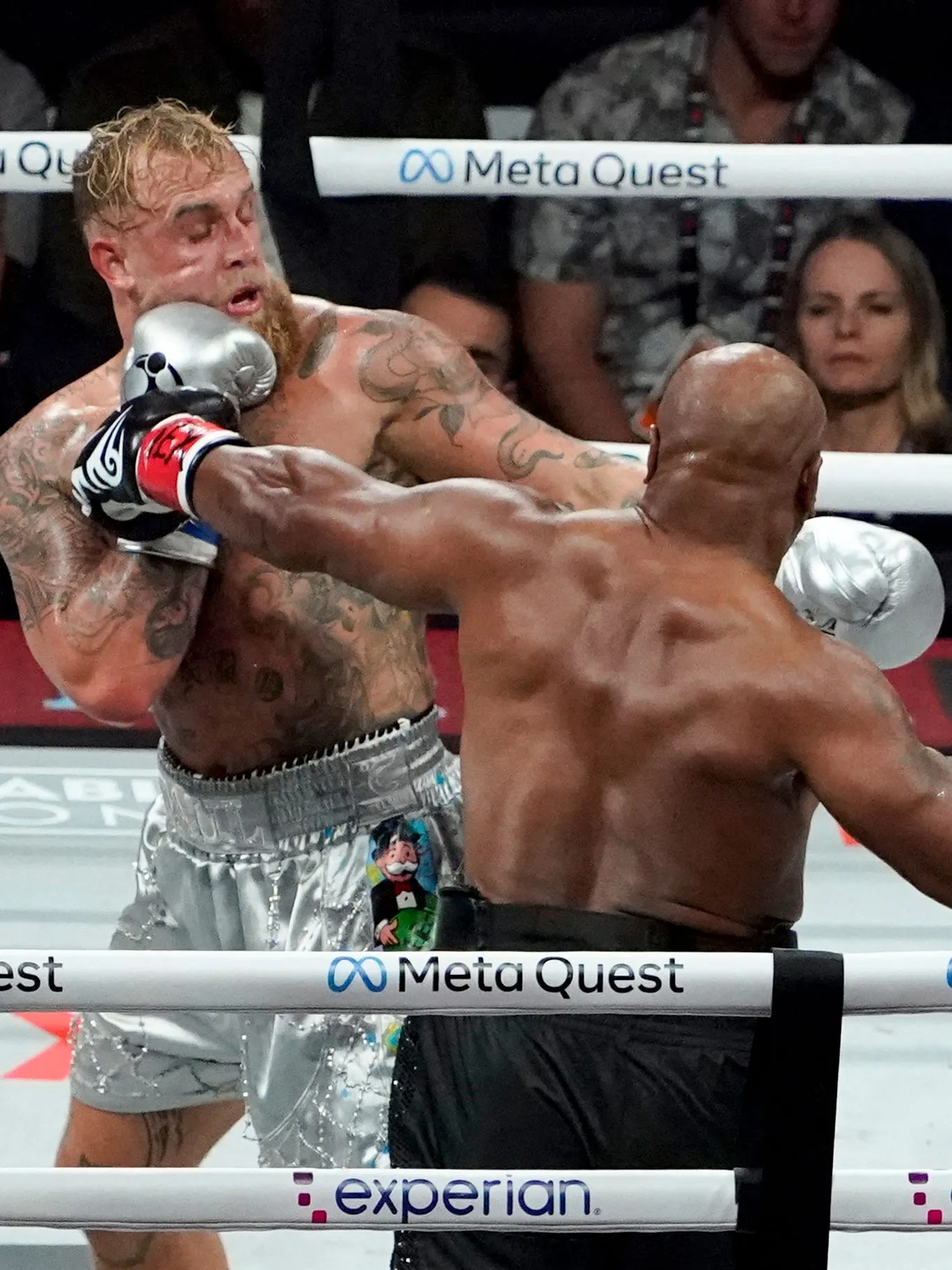
Lessons from Tyson’s Journey
Mike Tyson’s life is a testament to the complexities of human nature. It’s a story of triumph and tragedy, success and failure, destruction and redemption. Tyson’s candid reflections on his past serve as a powerful reminder of the importance of self-awareness, accountability, and the capacity for change.
His journey also highlights the challenges faced by athletes who achieve fame and fortune at a young age. The pressures of success, coupled with a lack of guidance and emotional maturity, can lead to destructive behavior. Tyson’s story is a cautionary tale for aspiring athletes and a call to action for the sports industry to provide better support and resources for young stars.
A New Legacy
Today, Mike Tyson is a different man than he was in his prime. While his past will always be a part of his story, it no longer defines him. He has chosen to focus on the present and the future, using his experiences to inspire and uplift others.
As Tyson continues to evolve, his legacy is also evolving. No longer just “Iron Mike,” the fearsome heavyweight champion, he is now a symbol of resilience, redemption, and the power of personal transformation.
In the end, Mike Tyson’s greatest fight wasn’t against an opponent in the ring—it was against himself. And in that fight, he’s finally finding peace.









